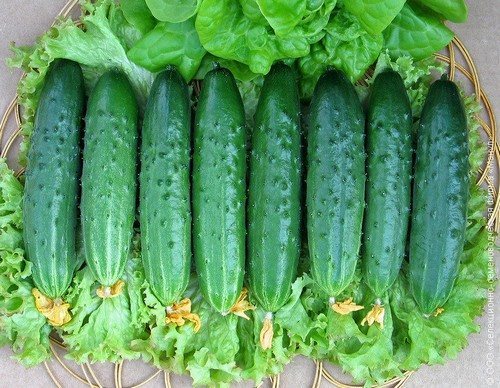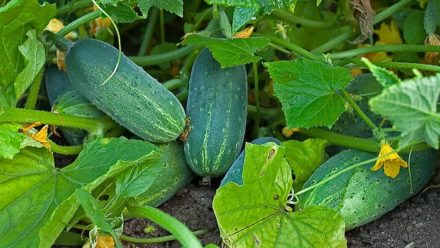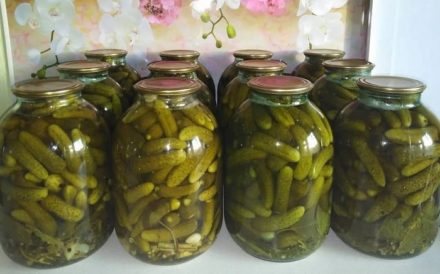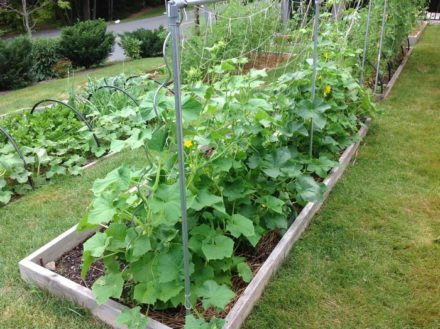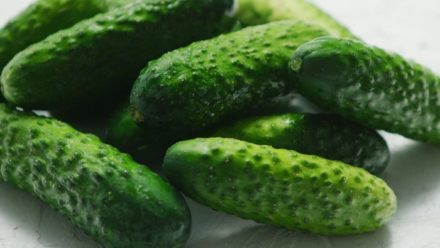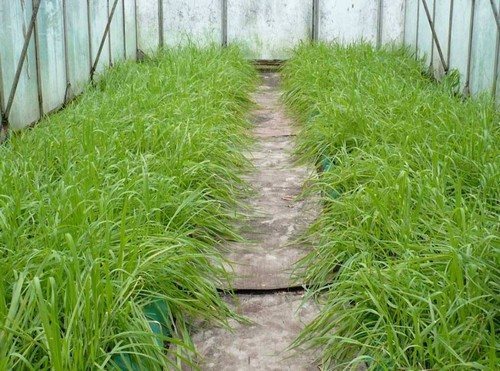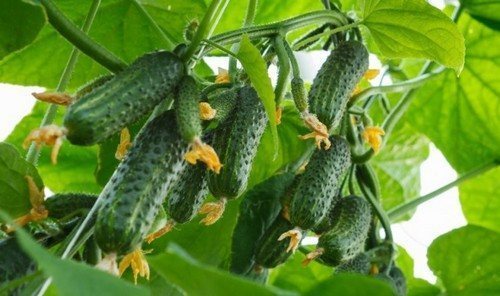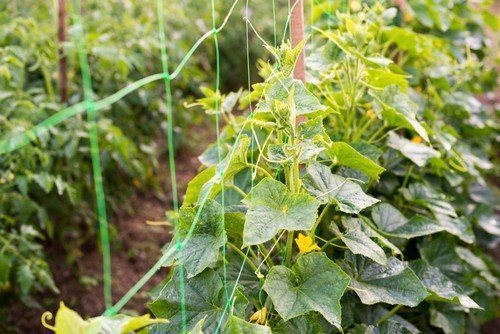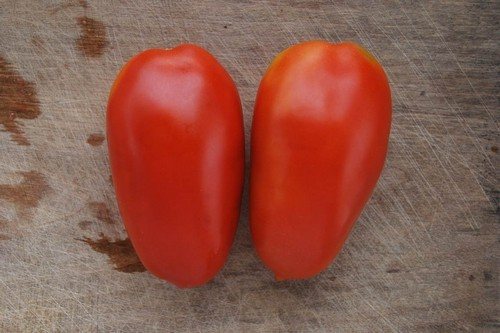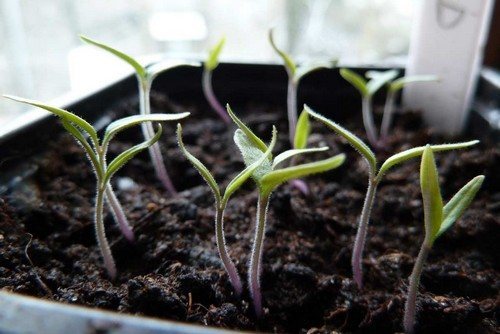Hybrid varieties of not only cucumbers, but also other agricultural crops in the first generation are designated with the mark “F1” before the name. The goal of breeding work is to create a unique plant that has inherited the best characteristics of the “parental” varieties. The balance between the popularity of them and ordinary cucumbers is explained simply - each group has its own characteristics. Knowing about which can help you make the right choice.
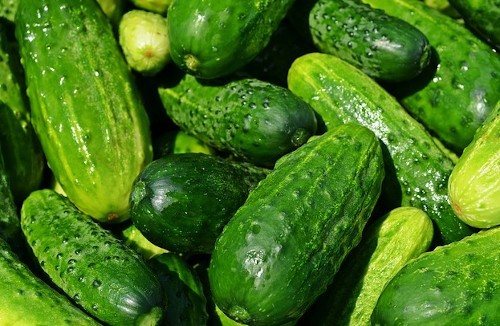
Heredity
Having found your favorite variety of ordinary cucumbers, you can collect seeds from them every year and sow them next year to get the same good harvest. That is, every season you can save on planting material. This is impossible with hybrids - in the second generation they do not inherit positive parental characteristics and develop weakened and vulnerable. An accessible method of propagating F1 varieties with partial preservation of parental characteristics for 2-4 generations - layering and cuttings.
Home selection
It is only possible to experiment with simple cucumbers, trying to develop original varieties over many seasons. Thus, it is possible to achieve the transfer of certain qualities of predecessor varieties to all generations of plants, and not just to the first.
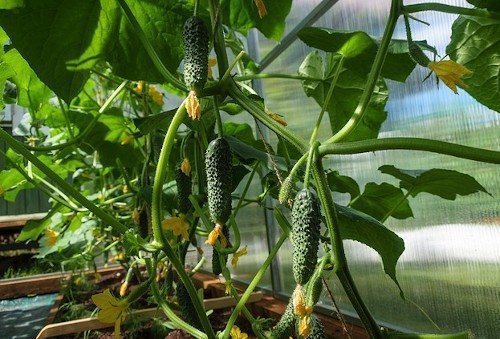
Endurance
Hybrid varieties are often attractive due to their high resistance to certain diseases, pests, cold, heavy soil, drought and much more.Specific advantages are emphasized by the seed manufacturer.
Adaptability
Simple varieties of cucumbers sometimes do not have the same resistance to negative conditions as the hybrids derived from them, but they have a different advantage. They are able to adapt faster if growing conditions suddenly worsen. And this “skill”, passed on at the genetic level from generation to generation, affects all possible areas. For example, the hybrid “The Best Cucumber” may not be afraid of return frosts, but it will not grow green mass normally if there is not enough nitrogen in the soil. Whereas the “Simple Cucumber” variety is more likely to grow and produce a harvest, even if there is a slight deficiency of this element in the ground.
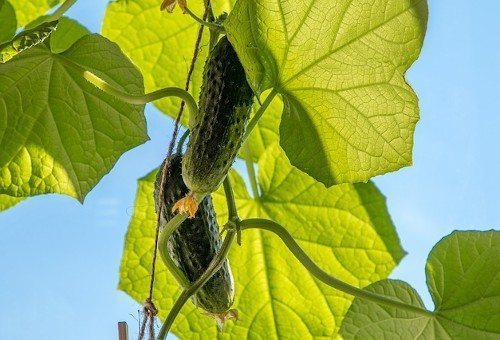
Similarities
For all vegetable crops, hybrid varieties bear fruit according to the standard. Having planted a bed of cucumbers of the variety marked F1, you can expect that they will all grow almost the same shape, length, weight, and similar in other characteristics (skin density, color). Non-hybrid varieties - often vary in this regard due to sensitivity to many conditions. Therefore, it is customary to grow hybrids on an industrial scale - for example, so that all the cucumbers in the gherkin jars are of equal value.
Productivity
In terms of yield, hybrids exceed the original varieties by an average of 25%, and this is under the minimum necessary conditions for their cultivation. To achieve similar performance from ordinary vegetables, you will need an optimal combination of many specific conditions, including weather, soil chemistry, and more.
Pollination
Hybrid plants are further removed from their wild ancestors than ordinary cucumbers. But this also makes it possible to create among them many varieties capable of self-pollination. This is a significant plus; his cucumbers are grown in greenhouses. And also, pollinating insects are often bees, which may not fly to the site in a rainy summer or, more likely, due to unfavorable environmental conditions.
Bitterness and yellowness
Many hybrid varieties are not prone to bitterness, yellowing and over-ripening. This is again explained by the great distance from the wild growing form of culture, for which all this is part of natural biology.
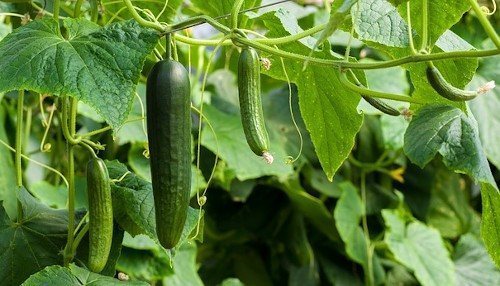
Price
Planting material for simple cucumbers costs less, because in order to collect hybrid grains, their original varieties have to be pollinated among themselves manually in protected soil conditions, as well as providing them with other specific care to transmit the necessary characteristics.
Taste
If, when growing vegetables, their taste qualities are of main importance, then it should be taken into account that hybrids do not always replicate them. True, today this often applies to tomatoes and pumpkins - some of their hybrids are often criticized for the lack of meatiness and sweetness. Scientists explain this by the fact that when some plant qualities are brought to the fore, others weaken at the genetic level. That is why many simple varieties, even difficult to care for, have not yet been replaced by hybrids - it has not been possible to create anything as tasty.
Summing up, we can say that it is impossible to detect a clear “preponderance” of advantages or disadvantages in hybrid and ordinary varietal cucumbers, indicating which ones to plant.You need to choose based on your personal taste, focusing on the goals and conditions of growing this vegetable crop. I like


